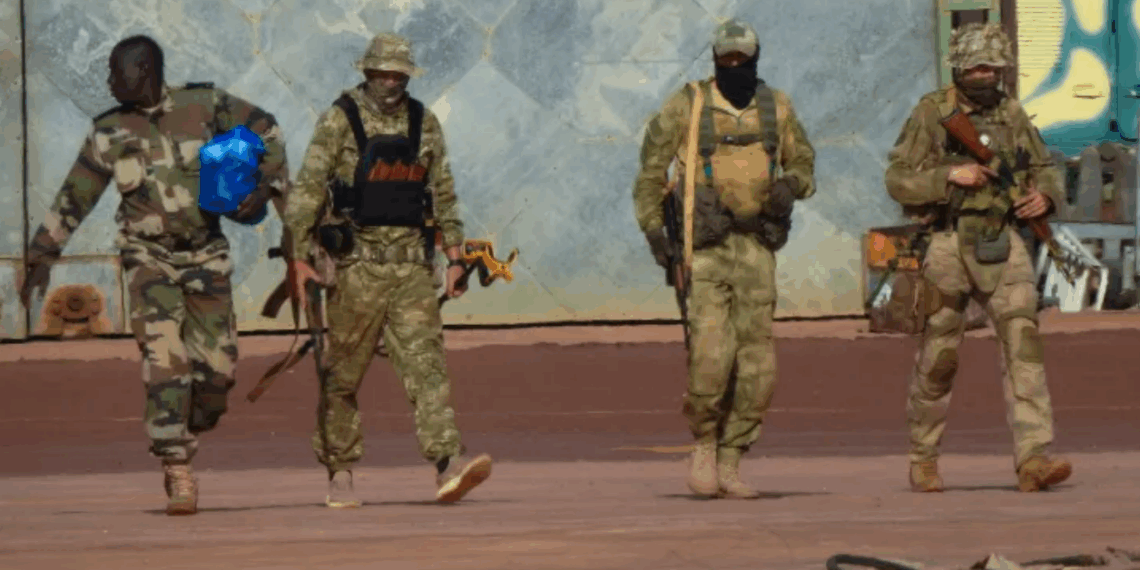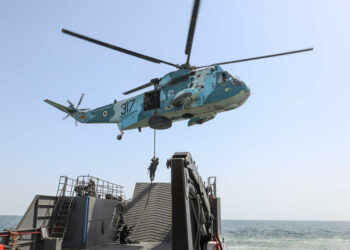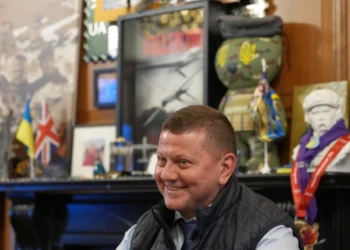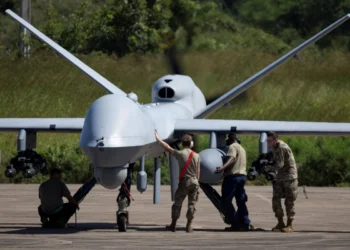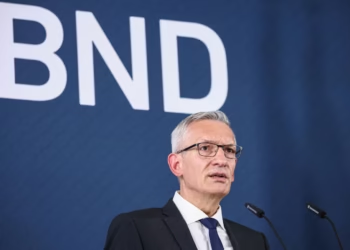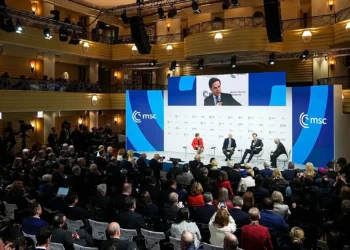BAMAKO (Realist English). Russia’s Wagner Group has officially announced its withdrawal from Mali after more than three years of combat operations, declaring its mission against jihadist insurgents “successfully completed.”
In a statement published Friday on the group’s Telegram channel, Wagner claimed to have helped restore state control across all regional capitals in the West African nation, eliminate thousands of armed militants, and support the creation of a “strong and disciplined” Malian army.
“For 3.5 years, our musicians fought shoulder to shoulder with the people of Mali against terrorism. We completed the mission — all regional capitals are now under legal authority. The task is done. Wagner is coming home,” the statement read.
Russian presence remains under new banner
Wagner’s departure does not mark the end of Russia’s military footprint in Mali. According to multiple sources, operations will now transition to the Africa Corps, a Kremlin-backed force established after Wagner founder Yevgeny Prigozhin led a failed rebellion in Russia in 2023.
“Russia is not retreating from Mali, but rather deepening its support under a new framework,” Africa Corps said in its own statement, emphasizing continued assistance to the government in Bamako.
Security analysts expect Africa Corps to focus more on training and logistical support than direct combat. According to Ulf Laessing of Germany’s Konrad Adenauer Foundation, Russia’s role will likely shift to “training and providing equipment,” though occasional air strikes on jihadist targets are anticipated.
Mounting violence and strategic recalibration
The handover comes amid a resurgence of violence. Last week, JNIM (Jama’at Nusrat al-Islam wal-Muslimin) — an al-Qaeda-linked group — claimed responsibility for a deadly attack on an army base in Boulkessi, killing over 30 Malian soldiers. Dozens more have died in recent clashes, some involving alleged Ukrainian-supported Tuareg rebels.
Security researchers say the operational costs and rising casualties may have influenced Wagner’s decision to scale back. “They realized it has cost them too much to keep boots on the ground,” said Christian Ani of the Institute for Security Studies.
Allegations of abuses
Wagner’s time in Mali has been marred by accusations of war crimes, including indiscriminate violence against civilians. One such case occurred in February, when Malian and Russian forces allegedly killed more than 20 Tuareg civilians — including children and the elderly — during a convoy raid.
“These actions damaged Wagner’s reputation,” Ani said. “The accumulation of these events likely forced them to step back.”
The Malian government has not commented publicly on the handover, though local officials confirmed the abandonment of several military positions following recent attacks. Meanwhile, Russian advisers have begun embedding more deeply within the country’s security infrastructure.
Strategic pivot, not retreat
The transition from Wagner to Africa Corps represents a strategic realignment rather than a withdrawal, analysts say. While the format may change, Russia’s long-term goal — cementing influence in the Sahel and providing a counterweight to Western presence — remains firmly intact.


